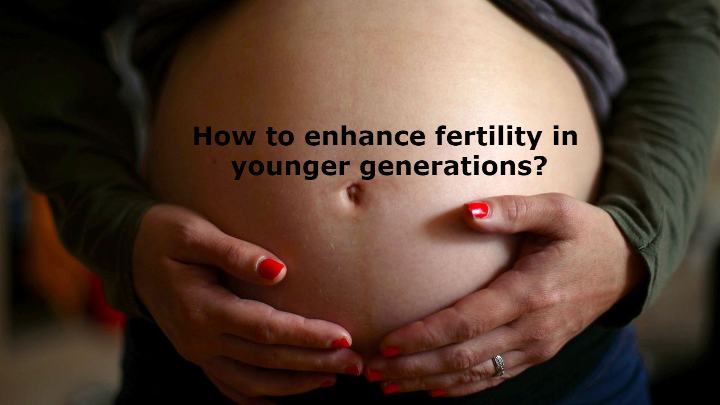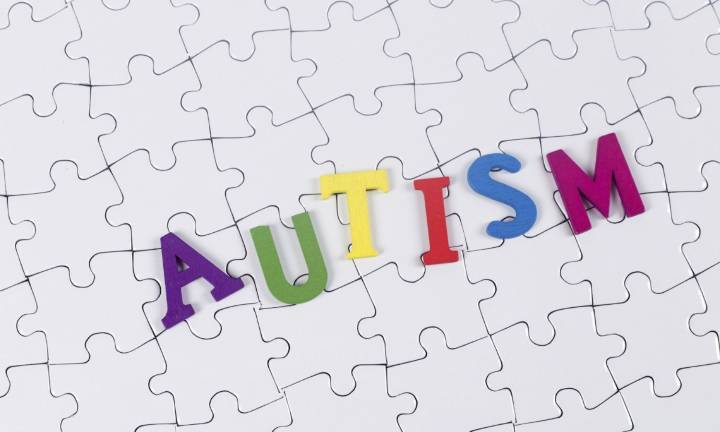Failed IVF treatment? Know what your next steps can be

Not being able to conceive a child can take a heavy toll on the life of couples. Couples like these often opt for IVF treatment but what if that fails as well? It is difficult to manage the emotional roller coaster ride whether you have coped with one or more failed IVF treatments
Though the loss can be devastating, it is not the end of the road for you in achieving your parenting dream. With the appropriate support and care, there are other options you can go for to grow your family. In this article know what’s next for you and your partner.
Understand the reason why the process/treatment failed
Both the success and failure of IVF have many different components. Factors like age, egg and sperm health, embryo health, implantation viability all impact your chances of conception. Here are a few of the more typical explanations for your IVF’s failure.
1. Ovarian Health: The purpose of using fertility medications is to overstimulate the ovaries. As a result, several oocytes, or eggs, are released. A woman’s eggs may not be strong enough to effectively fertilize in specific situations, most frequently as she ages. In your mid- to late-30s, both the quantity and quality of your eggs start to decline, making pregnancy difficult.
2. Fertilization was unsuccessful: Sometimes when the egg and the sperm are combined, Fertilization occasionally just doesn’t happen. This can be due to the sperm or eggs’ quality.
3. Embryo failed to implant: There are two frequent causes for this. The first is that the embryo cannot survive in the uterine environment. Possible causes include thin endometrial lining, scar tissue, uterine polyps, any infection in the uterus or a previously unidentified problem. The embryo itself frequently has a chromosomal defect, which is the second factor in why embryos fail to implant. The likelihood of having eggs with chromosomal deficiencies increases with age in women above the age of 35. Most of the time implantation issues are beyond anyone’s control.
4. Other contributing elements: Age of the expectant mother, hormone imbalances, thyroid-related issues, and lifestyle choices are additional risk factors for IVF failure.
What to know before you start with a new IVF Cycle
It’s crucial to grieve after an unsuccessful IVF. Even if the IVF didn’t produce an embryo, the emotional toll can be draining. Couples can be susceptible to mental health issues post this and seek proper counselling, which can help them cope with the situation.
You should discuss the following things with your fertility expert, before you start a new cycle:
- What went wrong the first time around
- What are the chances of success if you try again
- Potential risks associated
- Should you undergo any additional tests that can improve your chances
- Additional costs that you will have to bear
Do not be deterred by one failed IVF attempt. Usually, you may need more than one IVF cycle to become pregnant. The doctor can recommend several tests for you and your spouse to take before beginning the second IVF cycle to check for any conditions that may cause issues. They will use the information gathered from the first cycle, to improve your chances second time around. They might also advise making changes to your lifestyle that will improve your chances of getting pregnant. If everything goes smoothly, they could suggest you try another IVF.
Conclusion
It is not easy to cope with a failed IVF treatment. Feeling frustrated and sad is quite normal. Remember one or two failed cycles do not mean that you will never succeed. It may take a few tries, some more time or a different treatment plan.
While navigating fertility treatments, make sure you get assistance from a counselor, a support group, and close friends and family you can trust. You don’t have to and shouldn’t accomplish this by yourself. It is better to have more support.







